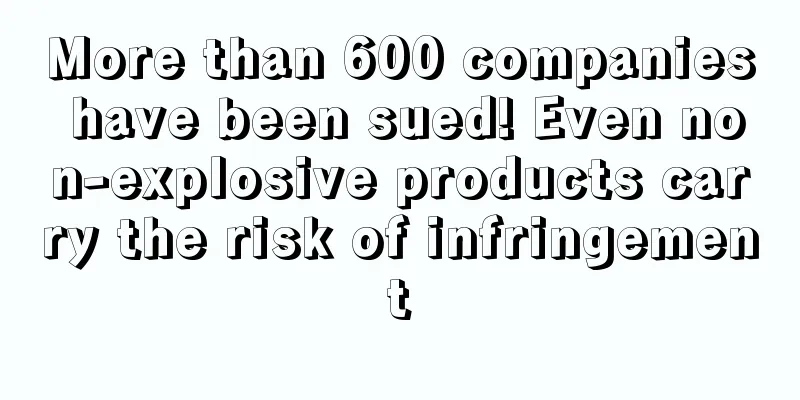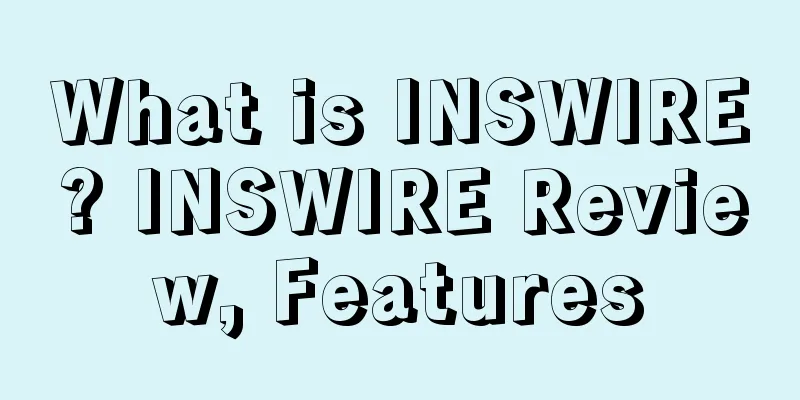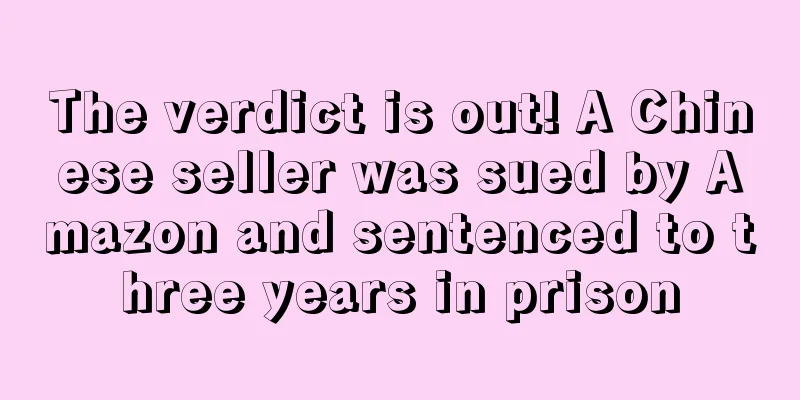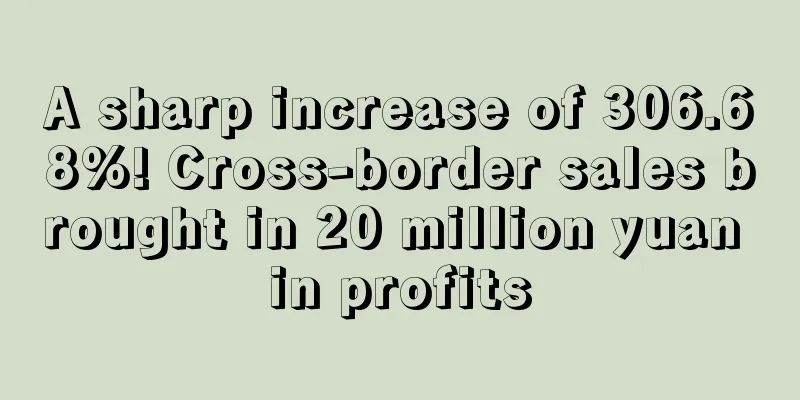The US CPSC is strictly enforcing magnetic products, about one-third of which involve children's toys!
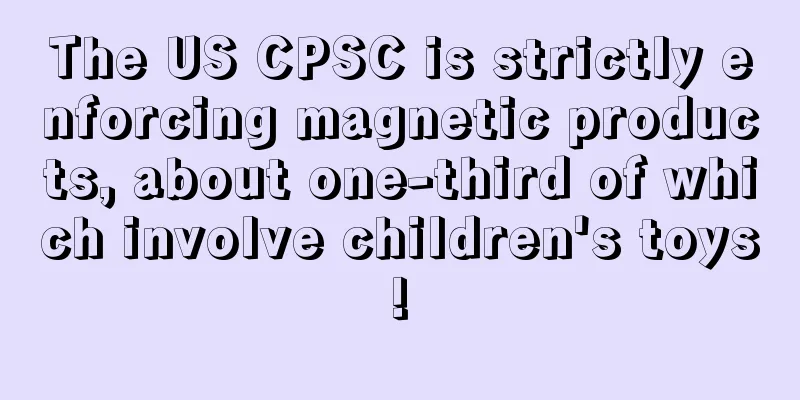
|
During the peak sales season, it is believed that many sellers will sell products with magnets, and magnet-related products are also one of the "frequent customers" of the US Consumer Product Safety Commission (CPSC) recall. Recently, the international law firm Crowell & Moring summarized and analyzed the CPSC recall of magnet products in the past 20 years. Sellers can pay more attention.
Statistics show that since 1998, CPSC has conducted at least 58 product recalls involving magnets, 56 of which occurred after 2005. Over the years, a wide variety of products have been involved with magnets. About a third of the recalls involved children's toys, including magnetic puzzles and tic-tac-toe games, magnetic dart boards, and dolls and action figures with magnetic accessories. About 28% of the recalls were for actual magnets, both individual magnets and sets of magnets; 14% were for magnetic building sets; and the remaining magnet-related recalls were for a variety of other products, such as children's school supplies, children's clothing, children's bike helmets, science kits, dry-erase boards, travel mugs with magnetic lids, and more. More than two-thirds of the recalls involved hazards caused by children and adolescents ingesting small magnets. Crowell & Moring said that when people swallow multiple magnets, the magnets can connect together in the human intestine and clamp a part of the body, causing intestinal obstruction, perforation, sepsis, and even death; young children can also choke if they swallow single or multiple magnets.
Other recalls are because the magnets in the products pose other risks of injury. Last year, a travel mug with a magnetic lid was recalled because the magnetic slider on the lid could pop out, posing a burn hazard to consumers. And a flashlight recall in 2006 was because the magnets in the flashlights could be strong enough to damage the implanted defibrillators of heart patients. In addition, magnet products often contain high levels of lead, which also requires recalls. The CPSC began closely monitoring products involving magnets in 2007, and in 2014, it issued a mandatory federal safety standard for magnets or magnet groups. However, the rule was eventually overturned by a federal court and removed from federal regulations. Despite this, the CPSC continues to monitor and recall high-power magnets. Since there are no specific regulations, sellers should be extra careful when selling related products and avoid using high-power magnets. USA Magnet products recall |
<<: Has the impact of the epidemic been amplified? American e-commerce has been developing steadily
>>: Wildberries’ popularity index in the Russian e-commerce market is 83%.
Recommend
What is Dealspotr? Dealspotr Review, Features
Dealspotr is a relatively small discount website i...
50,000 pieces of goods were confiscated, and the seller successfully claimed $775,000
According to foreign media reports, a seller was ...
The 6th Internet Marketing Conference 2023 was successfully held. What did Amazon's best sellers talk about?
On April 11, the "2023 Sixth Internet Market...
What is Aiyino? Aiyino Review, Features
Aiyino mainly deals in fashionable men's cloth...
Following Discover Weekly, Spotify opens “On Repeat” personalized playlists for brands
According to techcrunch, digital music player Spo...
What is Yayi Intellectual Property? Yayi Intellectual Property Review, Features
Shenzhen Yayi Intellectual Property Agency Co., L...
Winter storm hits North America, consumer demand and retail sales decline
U.S. retail sales fell in February as severe wint...
What is sellersiren? sellersiren Review, Features
SellerSiren has no relationship with Amazon, it wo...
What is Made.com? Made.com Review, Features
Made.com is a British home furnishing e-commerce ...
Zhiou opens its first warehouse center in the UK
Daimai Zhiou opened its first warehouse center in...
Amazon releases new rules for order archiving. Sellers: Can you explain it more clearly?
Amazon posted a notice on the forum on July 28, 2...
Israeli fashion brand Alembika launches online store in the US to expand into DTC market
Alembika is a fashion brand founded in 2005 by de...
TikTok is testing new e-commerce features in a head-on battle with Temu
Recently, insiders revealed that TikTok is testin...
What is Huiqian Logistics? Huiqian Logistics Review, Features
Shenzhen Huiqian Logistics Co., Ltd. was establish...
Active users on the platform reached 41.8 million at the end of the quarter! Zalando raises its full-year outlook for the first quarter
According to foreign media reports, German e-comm...


